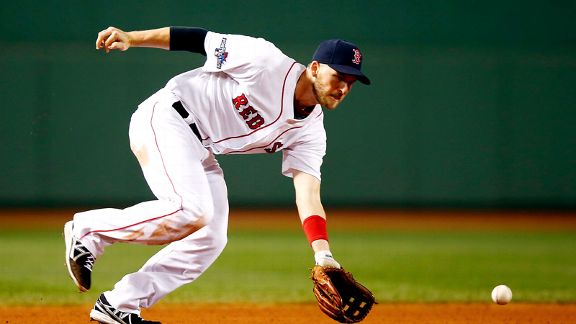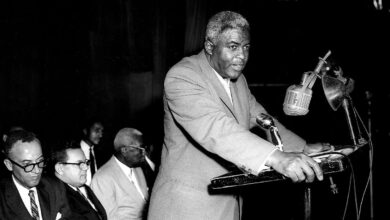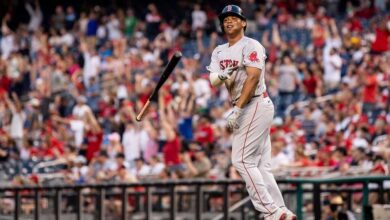

Imagine this: a baseball player coming off a year where he hit an acceptable .253 with 13 home runs. He also had 67 RBI — which may be a product of those around him, but is a good number, nonetheless. He had a slugging percentage of .443 and an OPS of .777. He saw almost 450 plate appearances. He plays a premier skill position. And he is still a free agent at the end of January.
How is this possible, you ask. Simply put, he costs too much. Stephen Drew — the player behind the statistics above — came off his best and healthiest season since 2010. His 2013 team, the Boston Red Sox, won the World Series. While he was not the hero of their postseason, he was definitely valuable to the Red Sox push to the title. But he is still without a place to play in 2014.
By this time, most big-name free agents have been signed already. Drew isn’t a top-tier free agent, but he is a household name in baseball households. He was offered a qualifying offer by the Red Sox, which, as expected, he rejected. That made him a free agent, but with the added baggage of a first-round pick heading to Boston from whatever team inks him to a contract. Likely, this is the biggest obstacle between teams and making Stephen Drew a member of their team.
Because of the draft pick stipulation — plus the added variable of his agent, Scott Boras — Stephen Drew is without a team as February comes knocking. Drew is a shortstop, and there are definitely teams with needs at the position; the number of teams with a consistently producing shortstop is in the minority. Without even leaving the northeast, there are three teams with need for a player like Drew. The New York Mets seem to be the most logical fit, with Ruben Tejada currently at the top of their shortstop depth chart. The Yankees could use him in a platoon with the diminishing talent and aging Derek Jeter. The Red Sox could use him as a utility infielder and insurance in case Xander Bogaerts isn’t as ready as the 2013 postseason suggested. But he hasn’t been offered a contract.
The stigma against Stephen Drew also could have to do with his ne’er-show-emotion brother, JD, who spent years not showing enough passion by Boston standards while he played there. However, that should only count against him for Red Sox fans, who have no role in the signing process, anyway. The New York teams have no such argument against him. In fact, Drew’s own keep-your-head-down-and-do-your-job attitude is pretty much in line with the Yankees.
In recent weeks, Drew even announced that he would be willing to play other positions besides shortstop, making him even more of an option for Boston, the New Yorks and so many other teams in the league. At this point in the offseason, Drew shouldn’t expect to get much more than $10 million per year, if that. Likely, he is headed for another one- or two-year deal, although that is obviously not what he or Boras would prefer, especially with Drew not getting any younger (he will be 31 in March).
Scott Boras, the draft pick loss and the faith in the current position-holder: These are the factors working against Drew. He has the skill and the track record, and he just came off a season where he reestablished himself as one of the better shortstops in the game. As February gets closer and closer, it’s getting hard to not feel bad for Stephen Drew, who deserves to at least have a one-year deal at this point.
While no one can predict where Stephen Drew will end up, or when, whoever does eventually will not disappointed. Drew isn’t the flashiest player, but he gets the job done and deserves to have a job.




